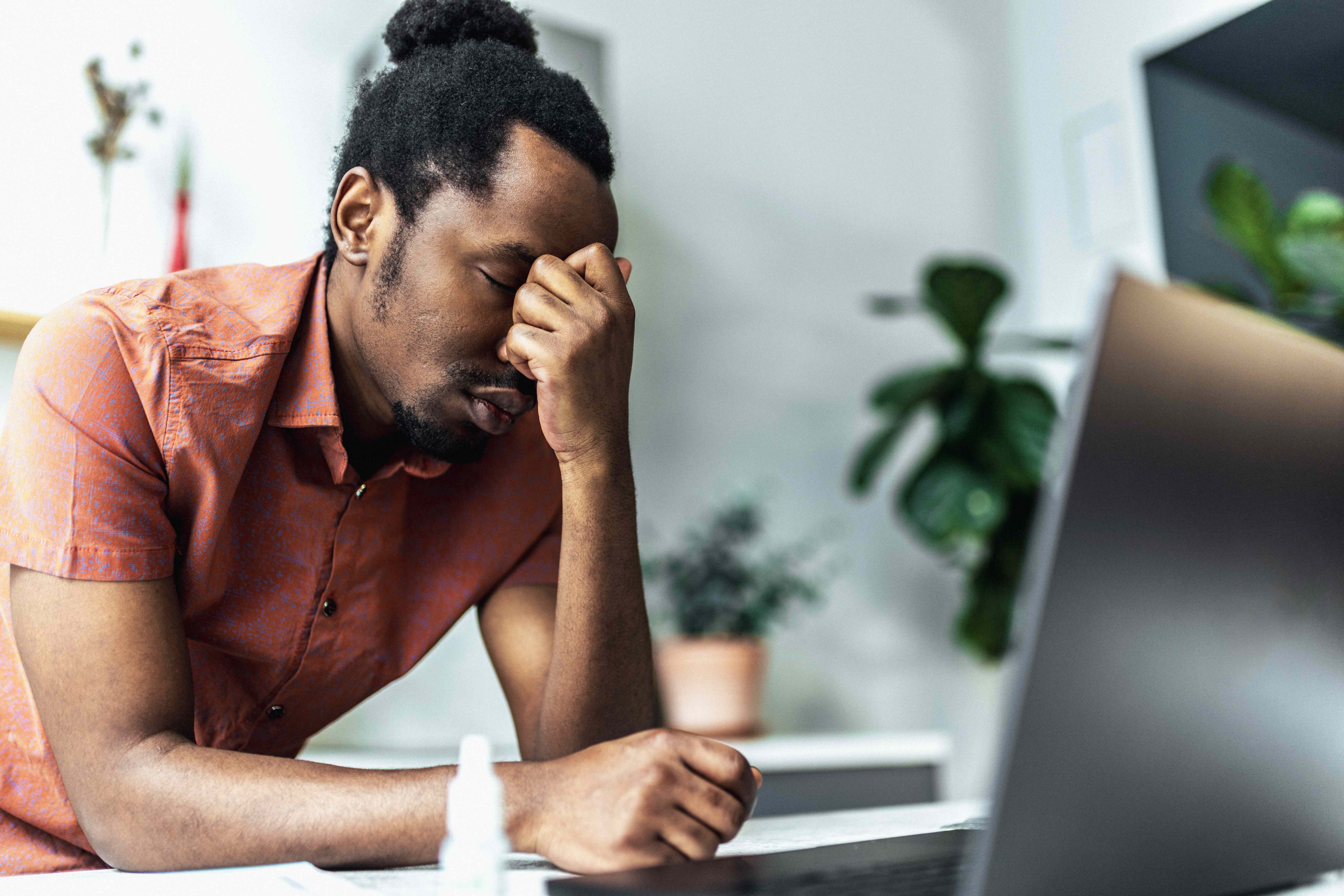High blood pressure, or hypertension, happens when the force of blood pushing against your artery walls is too high over time. High blood pressure is usually a symptomless condition. Fatigue is also not a common symptom of high blood pressure. If you’re always feeling tired, it’s a good idea to talk to a healthcare provider to find out what might be causing your fatigue.
Most people with high blood pressure don’t feel any different, which is why it’s called the silent killer. It usually doesn’t cause signs or symptoms until it leads to serious health problems like heart disease or stroke. Some people may notice signs like headaches, blurred vision, or nosebleeds if blood pressure is very high. Feeling tired or worn out is a rare symptom of high blood pressure.
If you feel tired all the time or have other signs of high blood pressure, reach out to a healthcare provider. These signs can stem from conditions that cause secondary hypertension, which is high blood pressure caused by other conditions, like kidney disease. Checking in can help catch any health issues early. The best way to know if you have high blood pressure is to get it checked regularly.
When your blood pressure stays high for a long time, your heart has to work harder to pump blood. This can lead to serious health problems like a heart attack, stroke, heart failure, or kidney damage.
Other Causes of Fatigue
Feeling very tired or fatigued is a symptom that can result from many causes. Fatigue causes may include:
- Low blood pressure
- Heart disease
- Kidney disease
- Diabetes
- Depression or anxiety
- Fibromyalgia
- Poor sleep or sleep apnea
- Too much caffeine or alcohol
- Not enough exercise
- Anemia
- Certain medications, like some pain relievers, antidepressants, and antihistamines (allergy medicine)
- Cancer treatments like chemotherapy or radiation
- Stroke recovery
In rare cases, fatigue is caused by a condition called chronic fatigue syndrome. This kind of tiredness doesn’t go away with rest and makes it hard to do daily activities. Talk to a healthcare provider if you feel tired all the time and don’t know why. They can help find out what’s going on and how to treat it.
Maintaining the optimal weight, as discussed with your provider, is important for blood pressure control. Eating a balanced diet can also help lower your blood pressure, reduce fatigue, and protect your heart.
The Mediterranean diet and the DASH diet are some of the best for heart health. Both include lots of fruits, vegetables, beans, nuts, and seeds, as well as moderate amounts of fish, chicken, dairy, and whole grains. It’s also recommended to minimize eating red meat, processed foods, and sweets.
Being active also helps lower blood pressure. Doing 150-300 minutes of physical activity each week—like walking, dancing, or biking—can help with weight management, boost your energy, and lower blood pressure.
Lifting weights or doing resistance exercises, like using bands or bodyweight workouts such as squats or push-ups, also helps. These exercises may not lead to weight loss, but they can help lower blood pressure and make your muscles stronger.
If your blood pressure is high, work with your healthcare provider to bring it down and protect your health. Certain lifestyle changes, like eating better, exercising more, and reducing stress, are recommended for people with high blood pressure. If your blood pressure doesn’t change despite lifestyle adjustments or if you have other health conditions, your healthcare provider may also recommend medication.
Seek immediate medical attention if your blood pressure is higher than 180/120 millimeters of mercury (mm Hg) and you’re having serious symptoms like:
- Chest pain
- Trouble breathing
- Back pain
- Numbness
- Weakness
- Blurry vision
- Difficulty speaking
Feeling tired is not a typical sign of high blood pressure and is more often linked to other issues like poor sleep, depression, or low blood pressure. Managing fatigue and high blood pressure involves lifestyle changes like eating a balanced diet, staying active, and getting regular checkups.
If you’re experiencing fatigue that’s affecting your daily life or accompanied by other symptoms, talk to a healthcare provider to rule out underlying causes.


